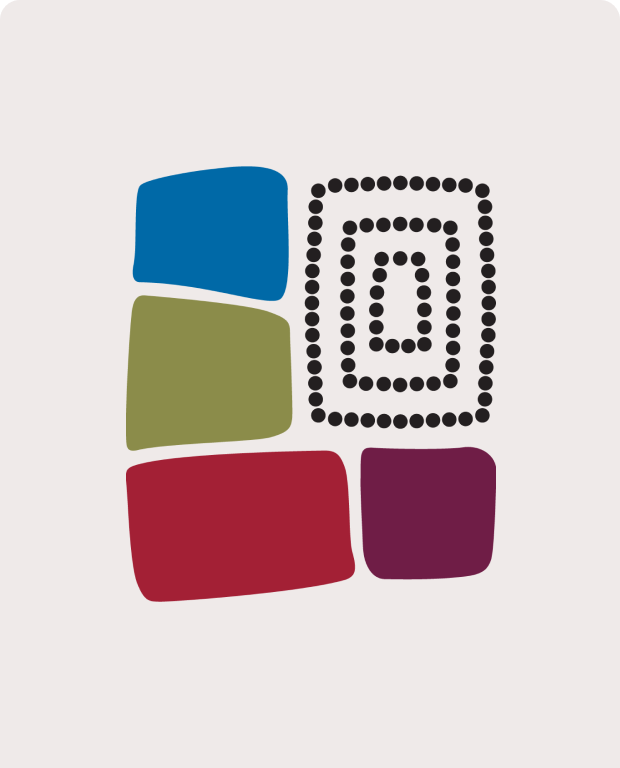Better Indigenous Genetic (BIG) Health Services project

Project aims
To work with clinical genetic health services to develop more effective models for meeting the needs of Aboriginal and Torres Strait Islander Australians.
Objectives:
- Explore the extent to which current models of genetic service provision and follow-up support meet the needs of Indigenous patients.
- Identify barriers and facilitators to effective provisions of genetic services and follow-up support for Indigenous participants.
- Evaluate the performance of an integrated single provider model of genetic service provision in the Northern Territory and Western Australia. Specifically testing hypotheses that:
- the integrated services model will better meet the needs of patients than multi-provider models
- barriers and facilitators to genetic service use and follow-up will differ for Indigenous and non-Indigenous patients.
- Implement recommendations to improve the ability of genetic services to better meet the patient and family needs, and to support improved access to follow-up services.
- Develop and trial strategies to build capacity for the provision of culturally safe and appropriate genetic health services for Indigenous people.
Project team
Project leader: Professor Margaret Kelaher, Director, Centre for Health Policy, Melbourne School of Population and Global Health, The University of Melbourne
Project partners
- Machado Joseph Disease Foundation
- Genetic Health Queensland
- NT Department of Health
- Genetic Services of Western Australia
- Office of Population Health Genomics, Public Health Division, Western Australia Department of Health
- Victorian Clinical Genetic Services
Administering organisation: University of Melbourne
Project timeline: 31 January 2016—30 June 2019
Methodology
Governance of the Better Indigenous Genetic (BIG) Health Services project included a majority-Aboriginal and Torres Strait Islander Project Reference Group and an End-User Group consisting of Aboriginal people affected by or at risk of genetic conditions. These groups met annually to discuss project progress.
A mixed-methods approach was used, including the analysis of service referral and appointment data (n=15,837, 4.5% Aboriginal and Torres Strait Islander) and qualitative data from the following sources:
- Aboriginal and Torres Strait Islander patients/carers attending clinical genetics services (n=73)
- workshops with Aboriginal Community Controlled Health Services (n=3)
- clinical genetics/health service staff (n=24).
Information from these data was integrated to inform the development of recommendations included in this report. The aim of these recommendations is to improve the extent to which the services meet the needs of Aboriginal and Torres Strait Islander Australians.
Project findings
The findings of the BIG Health Services project highlight the need for a systematic approach to increasing the benefits of clinical genetic services for Aboriginal and Torres Strait Islander people.
This should encompass an overarching framework to guide system change, including improvements to data systems, referral processes, clinical genetic consultations and support and follow-up. The recommendations that emerged from the project are presented below with suggestions of practical action to aid the implementation of each recommendation
|
Recommendation |
||
|
Overarching Service Responsibilities |
||
|
Develop a national plan to guide coordinated approaches to increasing the benefit of clinical genetic services for Aboriginal and Torres Strait Islander patients and their families |
||
|
Enhance the capacity of clinical genetic services to provide an integrated service to Aboriginal and Torres Strait Islander patients and their families |
||
|
Improve equity in referrals |
||
|
Support the development of networks to increase information sharing and professional learning |
||
|
Build relationships with Aboriginal and Torres Strait Islander services/staff and the community-controlled health sector |
||
|
Strengthen the evidence base in relation to increasing participation for what works in the Australian context |
||
|
Improving pre-consultation support |
||
|
Develop referral templates that include Aboriginal and Torres Strait Islander identification, referral information and preferred communication |
||
|
Facilitate patients access to support services |
||
|
Improve patients’ understanding of the reasons for attending clinical genetic services and the processes involved |
||
|
Improving support during consultations |
||
|
Ensure appointment setting are culturally appropriate and able to meet patients’ needs |
||
|
Support genetic health literacy through ongoing communication |
||
|
Improving support post-consultation |
||
|
Ensure reporting supports optimal benefit for Aboriginal and Torres Strait Islander patients |
||
|
Include primary care providers in reporting |
||
Project outcomes
|
Knowledge |
|
|
Awareness |
|
|
Behaviour |
|
|
Skills |
|
Related resources:
- Inclusion of Indigenous Australians in biobanks: a step to reducing inequity in health care, Elsum, I. Et al. 2019.
- Better Indigenous Genetic (BIG) Health Services project – Policy Brief (Updated 2021)
- A community-based co-designed genetic health service model for Aboriginal Australians, Elsum, I. Et al. 2020.
- This research had 5 video outputs produced on Better Indigenous Genetic Health Services. Watch below:
|
The Issue |
Health Benefits |
|
|
Cultural benefits |
Health System Remedies |
|
|
Cultural Competency |

